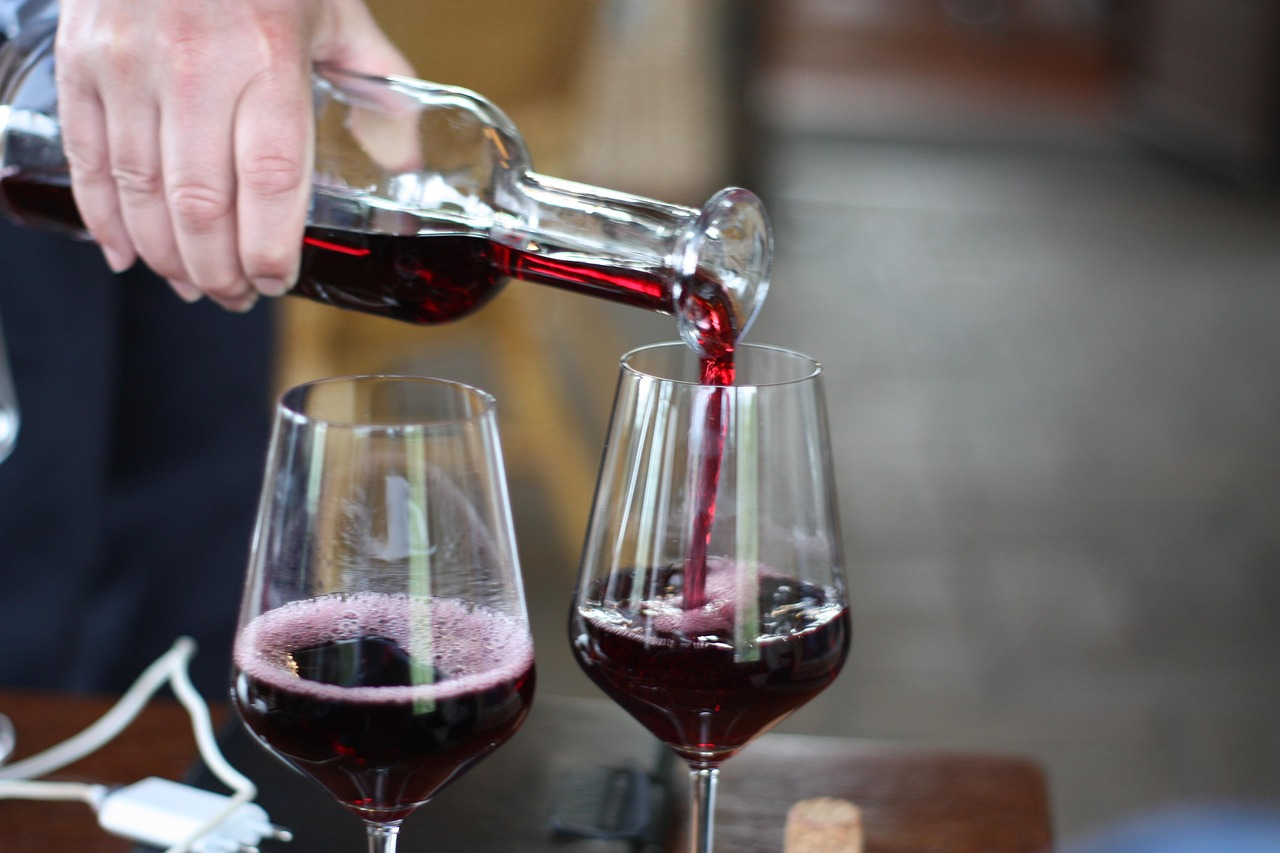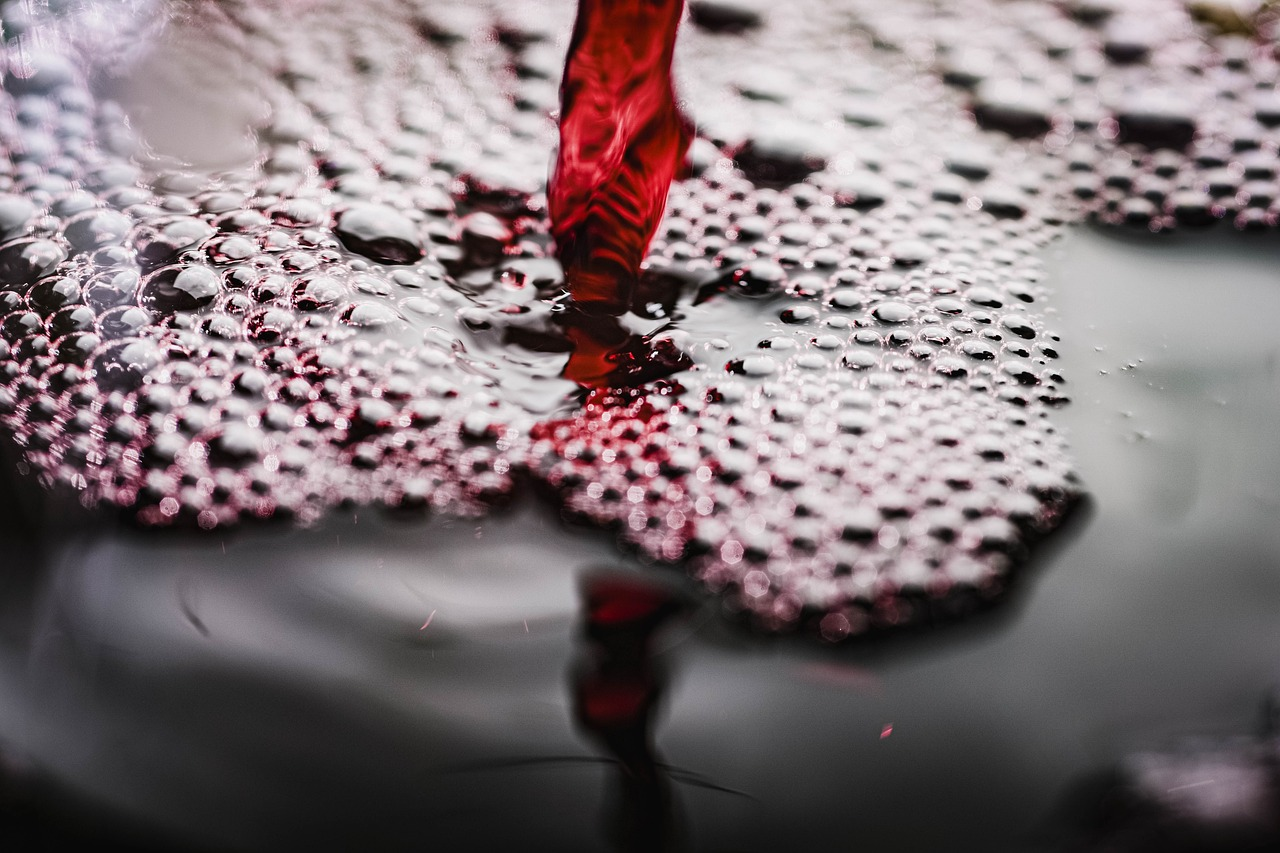For wine lovers, few things are as disappointing as opening a bottle only to discover it’s spoiled. This problem affects both casual enthusiasts and seasoned connoisseurs alike.
However, knowing the signs of spoiled wine doesn’t require expert training. Just knowing what to look for can save your evening and your palate from an unpleasant experience.
And this guide will walk you through all the details of how to know if wine is spoiled with signs, reasons, and more.
Signs Your Wine Has Gone Bad
The clear indications that a wine has gone bad are changes in its taste, smell, and appearance.
-
Change in Smell
If a wine has gone bad, you’ll notice unpleasant smells, such as:
- A musty, mouldy basement smell (most common indicator). Even a subtle presence can dramatically affect the wine’s aroma.
- Sharp, pungent vinegar aromas caused by acetic acid bacteria.
- An odour similar to a nail polish remover. This acetone smell suggests ethyl acetate formation, usually from a combination of oxidation and bacterial activity.
- Nutty, bruised apple, or caramelised aromas due to oxidation.
- Rotten eggs, struck matches, or rubber aromas.
-
Change In Wine’s Appearance
Visual cues are the early warning of wine spoilage. When your wine has gone bad, you’ll likely notice changes in its natural appearance. Look out for:
- Color changes, such as white wines that develop a deep yellow or golden hue. If it’s a red wine, it may turn brownish.
- A pushed-out cork or wine seeping around the cork.
- Bubbles in still wine.
- Crystalline Deposits.
- Unexpected cloudiness or floating particles.
-
Change In Taste
The smell and appearance can trick you sometimes. However, the final test to check your wine is going bad is a change in taste.
Here are some taste changes to look out for:
- An unpleasant wet cardboard or moldy newspaper flavor.
- A sharp sour taste.
- Your wine tastes stewed or jammy. This can be similar to bruised apples, nuts, or caramel in red wines. The taste will be more similar to apple cider vinegar in white wines.
What Happens If You Drink Spoiled Wine?
Drinking spoiled wine isn’t usually dangerous, nor will it make you extremely ill. However, mild discomfort can still happen.
Unlike food poisoning or bacterial contamination, wine spoilage is a quality issue, not a safety one.
Here’s what you might experience:
- Mild digestive discomfort.
- A poor tasting experience.
- Altered taste perception for a while.
- Allergic reactions due to specific spoilage compounds (extremely rare). This only happens in highly sensitive individuals.
If you’re ever in doubt, trust your senses. If it smells bad and tastes bad —simply discard it.
Why Is Your Wine Spoiled?
Multiple factors can affect the wine quality. These include:
-
Exposure to Heat And Improper Storage Techniques
Wine is surprisingly sensitive to temperature fluctuations. Exposure to temperatures above 70°F (21°C) can “cook” wine — altering its chemical composition and creating stewed, jammy flavours.
Additionally, UV exposure breaks down compounds in wine, particularly in lighter bottles. This “light strike” creates unpleasant sulfur aromas, especially in white wines and champagnes.
Moreover, constant vibration from nearby appliances or transportation can disturb sediment and accelerate chemical reactions — aging wine prematurely.
To prevent this, learn how to store wine at home properly.
-
Bacterial and Chemical Processes
Extended oxygen exposure degrades wine’s aromatic compounds and changes its colour.
While some wines benefit from controlled oxidation during aging, excessive exposure ruins most wines. Similarly, when exposed to oxygen, these bacteria convert alcohol to acetic acid (vinegar), creating that tell-tale sour smell and taste.
Also read: How Long Does Wine Last in the Fridge
-
Issues With Cork
Cork Taint (TCA) is a fungal contamination that affects about 2-7% of all wines with natural corks. The compound develops when fungi in cork interact with chlorine-based cleaning products. It’s not harmful but ruins the wine’s flavor and aroma.
A dried-out and crumbling cork can also allow oxygen to seep into the bottle, accelerating oxidation.
How Long Does Wine Last Once Opened?
Most wines begin to lose their distinctive characteristics within 24 hours of opening. However, a wine’s shelf life after opening varies, depending on the type of wine:
- Red Wines: Last from 3-6 days when recorked and refrigerated. Also, lighter reds tend toward the shorter end, while tannic reds may last longer.
- Sparkling Wines: Last 1-3 days when sealed with a sparkling wine stopper.
- Light White Wines and Rosés: Last 5-7 days when re-corked and refrigerated properly.
- Full-Bodied White Wines: Last 3-5 days.
Remember that these timeframes indicate drinkability, not optimal quality.
Conclusion
While opening a spoiled bottle is disappointing, it’s part of the wine journey that builds your knowledge and appreciation. For example, you’ll learn proper wine storage and recognise faults. Most importantly, you’ll learn which wines are meant to be enjoyed young and which can mature over time.
Remember, the best protection against spoiled wine is knowledge combined with proper storage techniques.
Understanding wine spoilage helps you make informed decisions about your collection and ensures you experience every sip of the wine as it should. So, next time you notice something “off” about your wine in terms of appearance, smell, and taste — know it’s time to change the bottle.
Visit Us At Belle To Experience Premium And Local Wines
At Belle, we’re more than just another wine bar — we are Bali’s premier wine destination. Experience our curated wine selection at Belle Wine Bar, where our expert team offers personalized tastings in our temperature-controlled cellar. Tastings feature exclusive imports and rare vintages as well.
Whether it’s a chill wind down or a celebration, don’t forget to join us for the best wine bar experience in Bali!





